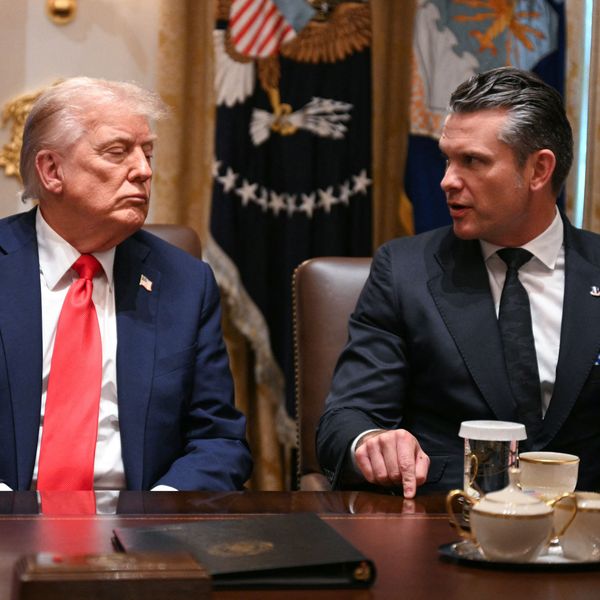It says something about overall media coverage of a subject when some of the most important news appears in the form of corrections. On February 26, the New York Times corrected a false statement in a news report that had incorrectly referred to Globovision as "[t]he only television station that regularly broadcast voices critical of the government." This was false, and it was easy to show that other major television stations regularly broadcast opposition views.
Today the
Times corrected an even more important false statement that appeared in an op-ed by jailed Venezuelan opposition leader Leopoldo Lopez. Lopez had written that "more than 30" protesters had been killed in
Venezuela in the recent
protests. In fact the "more than 30" number cited by Lopez includes all protest-related deaths, a fraction of whom appear to be protesters. Although it has not been mentioned in major media coverage, a compilation of press reports indicates that the protesters themselves - not security forces - are responsible for about half of the deaths. These include six national guardsmen who were shot, five additional people apparently shot while trying to remove barriers erected by protesters, and seven people who were killed apparently from crashing into protesters' barriers (including two motorcyclists beheaded by wire strung across the road).
This correction is extremely important because most people who see the daily death toll from protests in Venezuela understandably assume that these are people killed by state agents. Although the reporters are not intending to mislead, we can see the effect of this reporting in that Lopez himself, and whoever edited, placed, or provided other assistance with the op-ed for him also were very much mistaken. The net result of this widespread false impression is to greatly strengthen the opposition strategy, supported by many politicians and pundits in the U.S., to portray Venezuela as a violent, repressive, and illegitimate government.
Although it is impossible to give a completely accurate accounting of who has been killed by whom in the six weeks of protests, the fact that only a small fraction of the fatalities were caused by security forces, and about half by the protesters themselves, should make people think about whether this is really a story about a "violent" government trying to repress "peaceful" protesters. The Attorney General has also stated that there are 60 investigations of human rights abuses by security forces and that at least 15 have been jailed.
The prior error and correction about the news media in Venezuela was significant in the same way, as I have detailed elsewhere. In general, op-eds are given more leeway with respect to facts than news reports, so it is good that the Times recognized this as a significant factual error and promptly corrected it.
The New York Times' Public Editor Margaret Sullivan, who has shown a great deal of independence and integrity in reviewing the content of the paper, yesterday looked at the question, "Does The Times Take Sides in Venezuela Reporting?" I don't have the time or space here to review the Times' reporting on Venezuela over the past 15 years, but there is one complaint that she seems to agree with:
Another reader, Paul Karlin, complains that The Times's news and opinion coverage is "remarkably biased" against the Maduro government. He has sent me a number of examples of perspectives - critical of the American approach to Venezuela - that he finds lacking on the Times Op-Ed pages; it's a reasonable point.
It sure is. In the 15 years since Hugo Chavez was elected president of Venezuela, the New York Times has offered many op-eds from an opposition viewpoint on Venezuela, including 3 in just the last month. But only after Chavez died last year did the Times' print edition offer its first, and to date, only op-ed on Venezuela from another perspective, by Brazilian ex-president Lula Da Silva. This contrasts with almost every medium-sized to large newspaper in the United States - e.g. the LA Times, Boston Globe, Miami Herald, and Washington Post, and scores of other mainstream and even right-wing city newspapers, which all published at least one op-ed offering another side of the story during the Chavez years.



